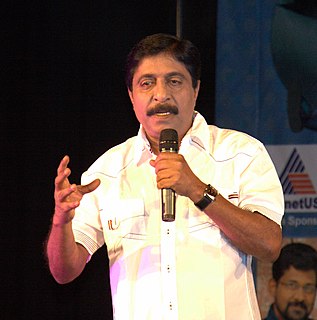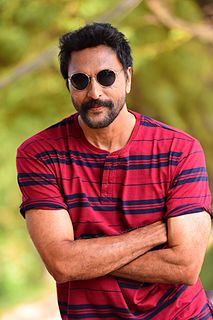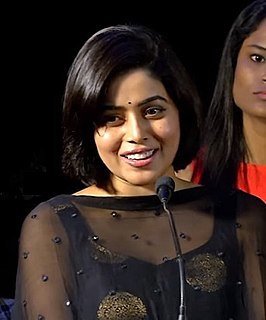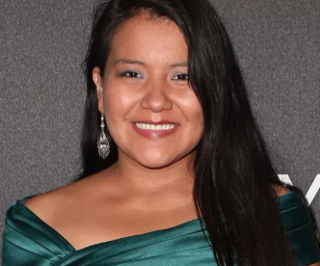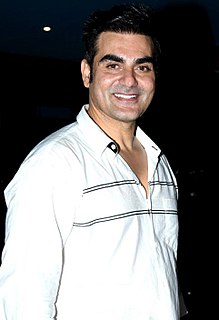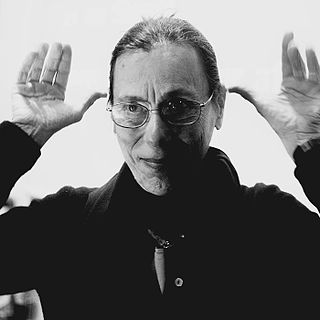A Quote by Sreenivasan
You need not give others a chance to exploit you always. We should know what kind of exploitation is taking place. I cannot create an incident to say that women have been exploited in Malayalam film industry.
Related Quotes
In a business that has exploited and ignored our people I have only found dead-ends. We need romantic comedies, gross-out and mockery comedies, horror and thrillers, teen movies and love-stories. All these and more will be a positive step towards the future of Native Americans in the world and film industry; an industry that that offers us not only the chance to play the parts of heroes, love interests and warriors, but also of villains, dorks and dangerous, brokenhearted products of circumstance.
We are driven by self-interest, it’s necessary to survive. But we need wise self-interest that is generous and co-operative, taking others’ interests into account. Co-operation comes from friendship, friendship comes from trust, and trust comes from kind-heartedness. Once you have a genuine sense of concern for others, there’s no room for cheating, bullying or exploitation.
I think people in the fasion industry need to listen more and not look the other way when someone has a voice. We need to stop sending girls and boys to photographers or professionals who are known to be abusive. There should be a much more controlled environment in place for young models to protect them, and this should be led and supported by professionals in the industry. We need to create an environment in which models feel safe sharing information about their on-set experiences, instead of being silenced.
For film, you know, the Tarantinos and Nolans of the world who are very focused on a certain kind of film aesthetic and a certain kind of presentation, to be honest, that comes from a place of privilege. It comes from a place of always having access to such, but when you ain't never - you can't see it because you can't even get to it.
I had a lot of preconceived notions going in the Wall Street. It wasn't an industry that I really respected much. My feeling was kind of like look, you're not making anything. You're taking money from one place, putting it in another and taking your cut and that's just not really kind of soul-satisfying at the end of the day, but what I learned is, on a larger scale is how much the Wall Street industry funnels and fuels so many others. There is a lot of good that these guys do, and to lump all traders into a category is as insane as lumping any group of people into one category.
Making a show is also economics. Because the irony is, or the shame of it is, you cannot create a show instantaneously. It needs to be massaged. You need to see who is relating to who. How is it working with the audience? You need to give it a chance for the audience to find it, because there are so many outlets. And the audience doesn't know where to go.
I should say that feminism gave me permission to deal with my own emotional life and put it up front in certain ways, or use film as a way to examine, at that time, my own heterosexual experience. Lives of Performers was the beginning of that kind of investigation. But also, the film was influenced by the aesthetics and structures of experimental film as that was taking place at the same time. Hollis Frampton was a big influence on me at that time.
When industry people see something different they don't know what to do with it, so filmmakers who make films about women, they kind of fall through the cracks. If a woman filmmaker makes film about war, like [Kathryn] Bigelow, they say "Okay, this is a war film, it has ninety percent men in it, we know what to do with it." But then she still gets attacked for not doing it properly. [...] But even though it bothers me I don't want to dwell on the sex and gender thing.
